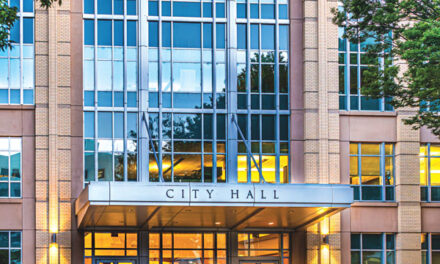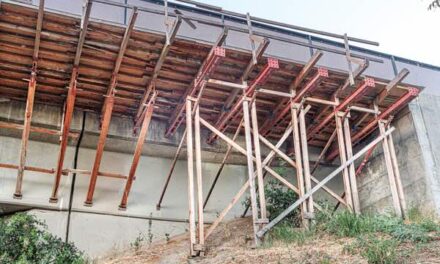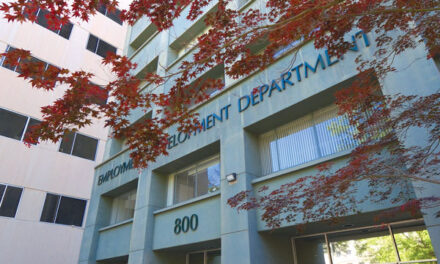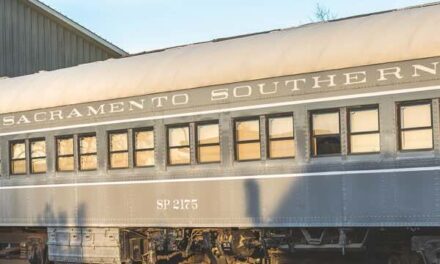Pity the company town. Dependent on one big employer and lacking economic diversity, it soars and crashes on lonely shoulders. The company town flies without a safety net. It’s all or nothing.
Sacramento is a company town that never learns its lesson. A dozen years ago, the Great Recession furloughed state workers, shrank government paychecks and wrecked businesses along J, K and L streets.
The recession exposed the city’s economic vulnerability and over-reliance on government workers. Did Sacramento respond by diversifying its economy? No. The city became even more dependent on state employees. In the last 10 years, the local state workforce has grown by about 17,000. Now it’s up to 82,000.
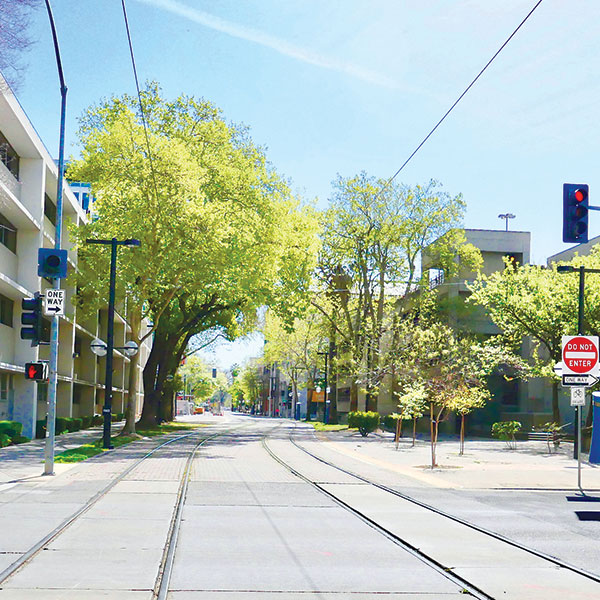
Along came the pandemic and here we are—another exodus of state workers. More empty streets, more boarded up storefronts. Downtown decimated.
As public employees trickle back, a new reality has arrived. Many state workers don’t want to return to their cubicles. They love working from home. They happily escaped Downtown commutes, parking hassles and sandwich joint lunch lines.
After I wrote about the need for state workers to hustle back and bail out Downtown restaurants and retailers, a reader named Ruxandra Nunn decided to set me straight.
She wrote, “I respectfully disagree with your suggestion that for Downtown to recover, the government workers must return to their offices. Working from home has improved mental health, employee wellbeing and work-life balance. Working from home has improved the air quality, unclogged the freeways and reduced unnecessary wasted time sitting in traffic. I agree that Downtown businesses need clients in order to thrive, but that is not the responsibility of government workers. It’s not up to us to save Downtown businesses….”
If Nunn is right, the Sacramento we know is finished. The city assumes state workers will always carry the load. That’s the business model, those steady government paychecks supplying cash flow for merchants to meet payroll, rent and taxes.
Now state workers are fighting back. Many would rather spend their time and money closer to home in Folsom or Elk Grove or Carmichael or Roseville. The company town is helpless against the workers’ revolt.
Sacramento wasn’t always a company town. Dependence on state bureaucrats is relatively new, dating back just a few decades. For most of its history, Sacramento enjoyed a diverse economy.
State workers have been around since 1854, when the city became California’s capital. But the number of bureaucrats hired to run the state didn’t really balloon until modern times.
Throughout the 1900s, Sacramento was a multi-industry town. It was an agricultural town, with a half-dozen canneries stewing fruit. It was a railroad town, with thousands of workers turning wrenches at the Southern Pacific and Western Pacific yards.
It was a military town, with civilians supporting aircraft repairs at McClellan and nuclear bombers and navigator training at Mather, along with logistics at the Army Depot. It was a space town, with Aerojet engineers running the biggest rocket factory in the U.S.
Today, some old buildings and runways remain, but the paycheck-producing assembly lines are long gone. Sacramento is down to one big industry—state government. While other cities adapted to changing times, Sacramento bet on bureaucrats.
As civil servants emerge from COVID and adopt hybrid work schedules, there won’t be enough of them around to sustain many Downtown businesses. If the state allows permanent distance work, the city’s economic foundation crumbles.
And if state workers show they can perform their jobs from dozens or hundreds of miles away, managers might explore greater savings through outsourcing. Public employee unions will squawk, but taxpayers across California will applaud. If you can perform your Sacramento duties from Reno, maybe someone can do it from Mumbai.
If the state feels no obligation to carry Sacramento, the company town is dead.
UPDATE
Good news for Simon’s Bar, now run by Simon Chan Jr., the late founder’s son. Junior reopened on a temporary lease from the Capitol Area Development Authority, which has no “immediate” plans to demolish the building.
R.E. Graswich can be reached at regraswich@icloud.com. Follow us on Facebook, Twitter and Instagram: @insidesacramento.



